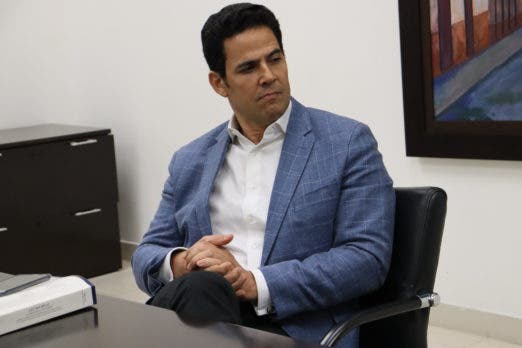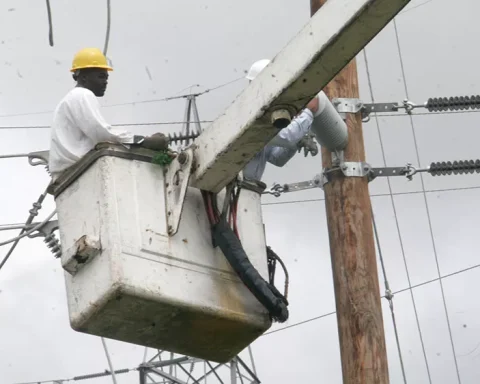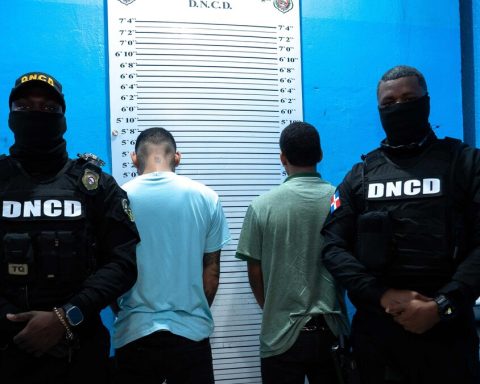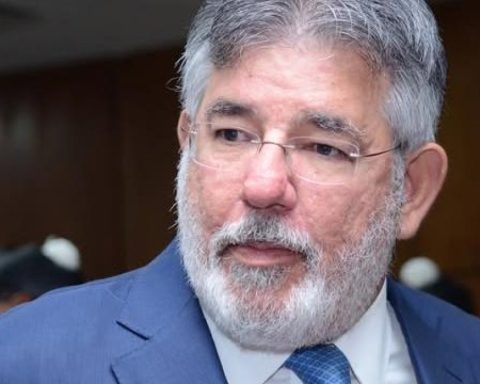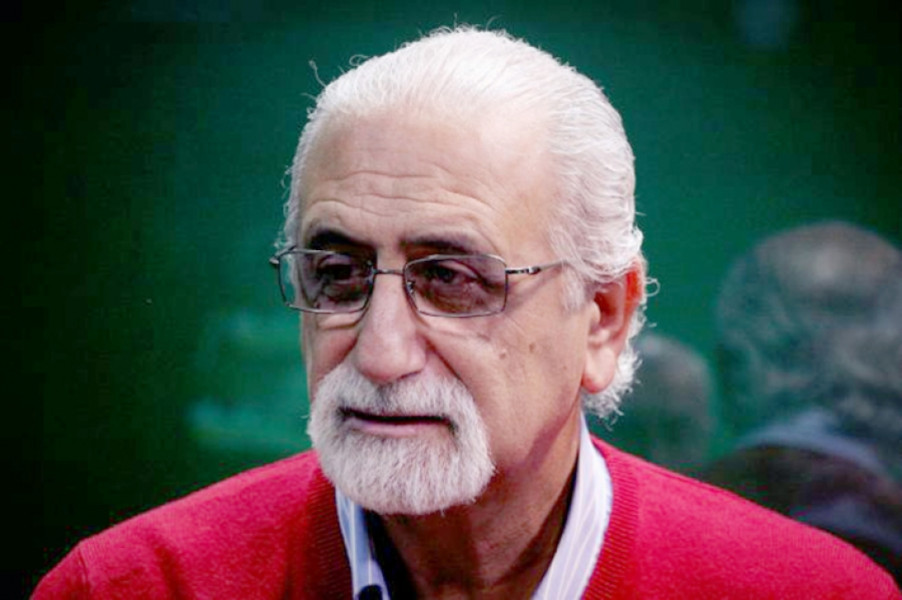“I honestly do not share the creation of a Ministry of Justice”. For the former judge of the Second Chamber of the Civil and Commercial Chamber of the Court of Commercial Appeal, Robert Plasenciacreating a judicial entity with the category of ministry is not the most recommendable for the model of the Dominican Republic.
Plasencia believes that in countries where there is a Ministry of Justiceone of the main actions is for budget control, budgetary, administrative independence and the career system, among other “conquests”, which already exist in the country.
Another reason why the magistrate does not agree is because of the political component that could permeate said state agency. “Where the Ministry of Justice exists, it is because they are delegated to take control of human capital, the budget,” narrowed down.
You can read: World Classic: Dominican fans now support Venezuela after elimination DR
In addition, the former judge indicates, the Executive Power is the one who manages said ministry, which could cause a high incidence through political groups. “Here we don’t have that. The problem is that here it occurs in another type of gear », he said.
The former judge also said that despite the fact that the judicial system has advanced in the Dominican Republic unlike other countries, especially with what has to do with default, there are jurisdictions that need more resources.
“The law is violated” by not assigning the budget that corresponds to it to the Judiciary, understands the magistrate, who added that said branch of the State has advanced; not so with postponements in criminal matters.
For her part, Judge Miriam Germán Brito, Attorney General of the Republic, expressed on the subject that it is vital to clarify the constitutional competence of the Public Ministry as the body that directs the State’s criminal policy, separating it from prevention or citizen security policies. , which are owned by entities of the Executive Branch.
He stated that prison overcrowding continues to be the main challenge and that there is still a long way to go to achieve dignified prisons.
“What I can assure you is that, after we unified both systems, the inter-institutional coordination required to improve the conditions of those serving sentences has become much more fluid and constant. As long as we exercise the rectory of the system, we will spare no efforts to humanize the serving of the sentence, ”he said.
